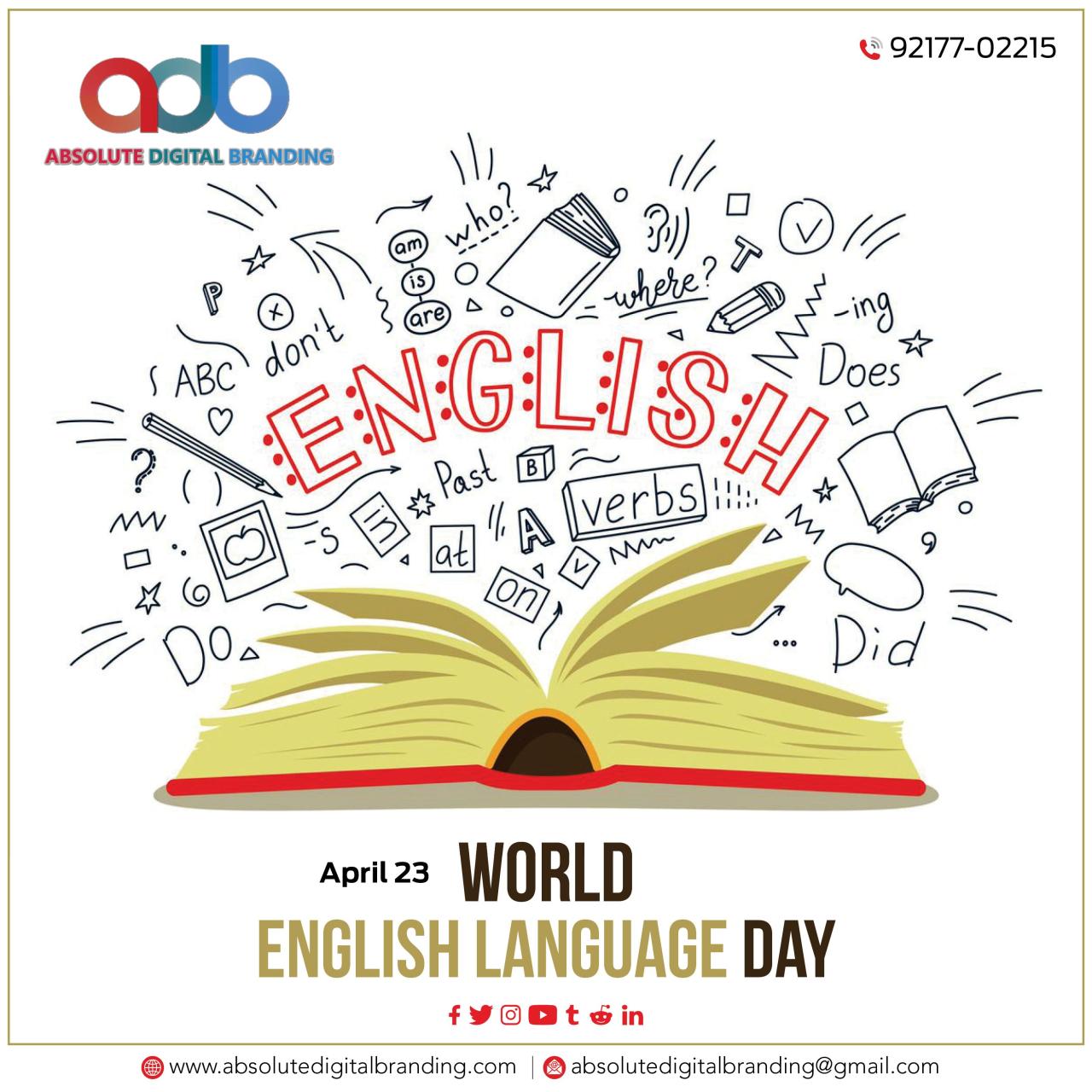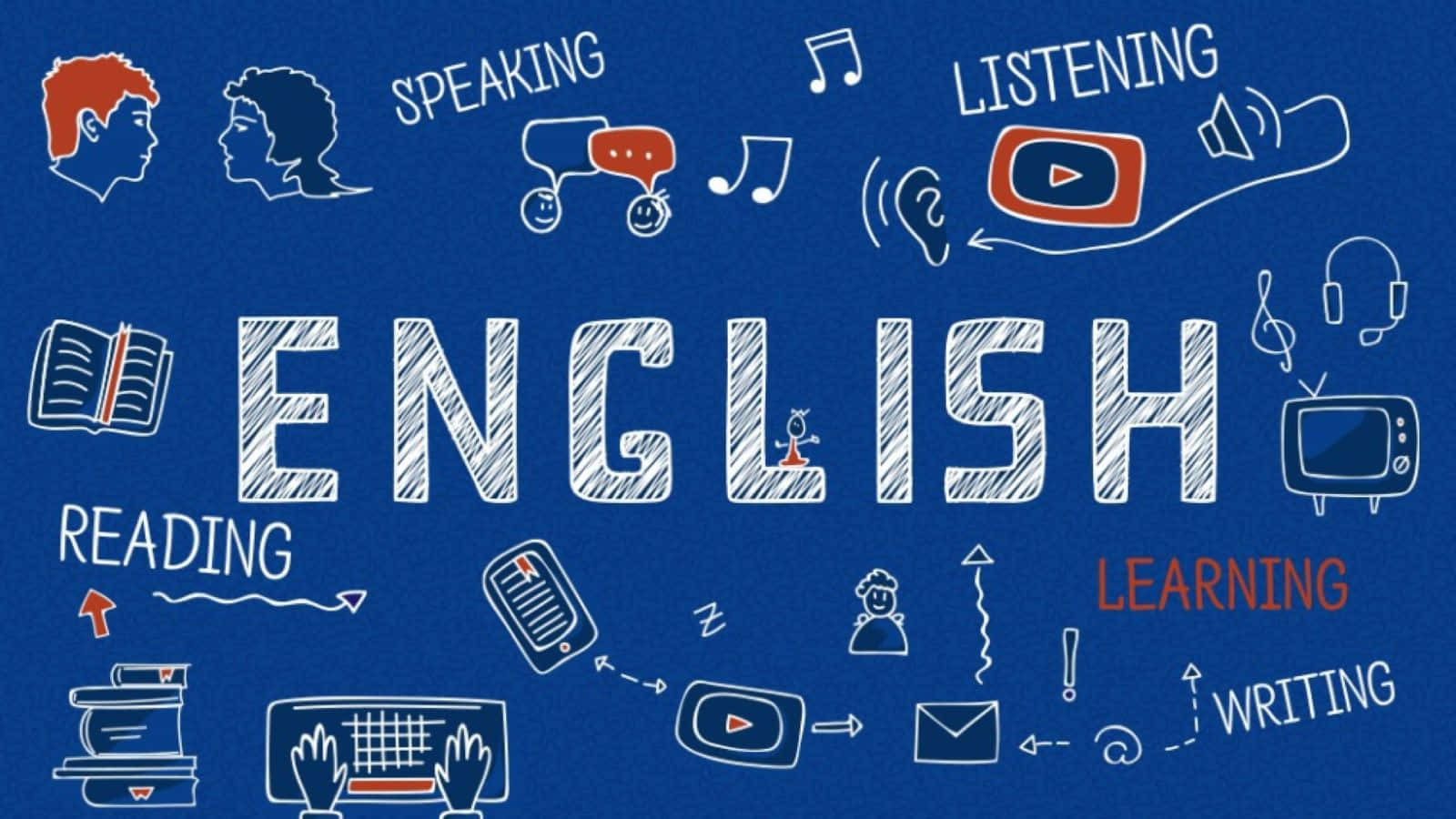In an increasingly interconnected world, English stands as a global lingua franca, a bridge connecting cultures, economies, and ideas. For millions worldwide, mastering English is not just an academic pursuit but a gateway to new opportunities, richer travel experiences, and deeper personal connections. While digital resources abound, offering quick snippets and interactive exercises, the enduring power and systematic approach of well-crafted English language learning books remain unparalleled. These literary companions offer a structured, comprehensive, and often deeply immersive pathway to fluency.
This article delves into the diverse world of English language learning books, exploring their types, benefits, and how to effectively choose and utilize them to maximize your learning journey.
Why Books Still Matter in the Digital Age
In an era dominated by apps, podcasts, and online videos, one might question the relevance of physical or even digital textbooks. However, books offer distinct advantages:
- Structure and Progression: Unlike the often fragmented nature of online content, books provide a carefully designed curriculum, guiding learners systematically from foundational concepts to advanced nuances. They build knowledge incrementally, ensuring a solid understanding at each stage.
- Depth and Detail: Books can delve into complex grammatical rules, explore subtle vocabulary distinctions, and present extensive reading passages that online platforms might simplify or omit.
- Reduced Distraction: A physical book, or even an e-book on a dedicated reader, offers a focused learning environment free from the endless notifications and tempting diversions of the internet.
- Tangibility and Engagement: Many learners find the act of highlighting, annotating, and physically turning pages more engaging and conducive to memory retention.
- Offline Accessibility: Books are always there, regardless of internet connectivity, making them ideal companions for commutes, travel, or simply focused study sessions away from screens.
A Deep Dive into Categories of English Learning Books
The vast array of English learning books can be broadly categorized based on the specific skill they aim to develop or the learning approach they embody. Understanding these categories is the first step in building a personalized learning library.
1. Grammar Guides: The Backbone of Language
Grammar books are indispensable for understanding the mechanics of English. They demystify sentence structures, verb tenses, parts of speech, and syntactic rules.
- Key Features: Clear explanations (often with accompanying charts and diagrams), numerous example sentences, targeted exercises, and comprehensive answer keys for self-correction.
- Why They’re Essential: A solid grasp of grammar allows learners to construct correct and meaningful sentences, communicate clearly, and avoid common errors. Without it, even a rich vocabulary can lead to miscommunication.
- Popular Examples:
- "English Grammar in Use" by Raymond Murphy (Cambridge University Press): Often hailed as the gold standard, this series (available at various levels – Basic, Intermediate, Advanced) is renowned for its clear explanations on the left-hand page and practice exercises on the right.
- "Practical English Usage" by Michael Swan (Oxford University Press): More of a reference guide than a coursebook, it addresses common difficulties and provides detailed explanations of usage.
- "Azar-Hagen Grammar Series" (Pearson): Known for its comprehensive coverage and abundance of practice exercises, suitable for both classroom and self-study.
2. Vocabulary Builders: Expanding Your Lexicon
Vocabulary books help learners acquire new words, understand their nuances, and learn how to use them correctly in context.
- Key Features: Thematic organization (e.g., "travel," "business," "emotions"), focus on collocations (words that often go together), phrasal verbs, idioms, and contextual usage examples. Many include audio for pronunciation.
- Why They’re Essential: A rich vocabulary empowers learners to express themselves precisely and understand a wider range of spoken and written English.
- Popular Examples:
- "English Vocabulary in Use" series (Cambridge University Press): Similar to the grammar series, it provides clear explanations and practice exercises for various levels.
- "Oxford Learner’s Dictionaries" and "Cambridge Advanced Learner’s Dictionaries": While dictionaries, they are vital vocabulary resources, offering definitions, example sentences, pronunciation guides, and often collocations.
- "Vocabulary for IELTS/TOEFL" books: These target specific academic and test-related vocabulary.
3. Reading & Comprehension Books (Graded Readers): Bridging the Gap
Graded readers are specially adapted books written for English language learners at different proficiency levels. They use simplified vocabulary and sentence structures appropriate for each stage.
- Key Features: Wide range of genres (fiction, non-fiction, classics), controlled vocabulary, engaging stories, and often accompanying audio and comprehension exercises.
- Why They’re Essential: They allow learners to enjoy reading in English without being overwhelmed, gradually improving reading speed, fluency, and inferential comprehension while building confidence and expanding vocabulary naturally.
- Popular Examples:
- Oxford Bookworms Library (Oxford University Press): Offers a vast selection of titles across multiple levels, from beginner to advanced.
- Penguin Readers (Pearson): Another extensive series featuring adaptations of popular books and original stories.
- Cambridge English Readers (Cambridge University Press): Known for their high-quality writing and diverse range of stories.
4. Writing Skill Developers: Crafting Coherent Text
These books focus on teaching the principles of effective written communication, from sentence construction to essay organization.
- Key Features: Guidance on different writing styles (academic, informal, business), essay structures, paragraph development, punctuation, and exercises for practicing various writing tasks. Many include model essays or texts.
- Why They’re Essential: Strong writing skills are crucial for academic success, professional communication, and expressing complex ideas clearly and persuasively.
- Popular Examples:
- "Academic Writing for English Language Learners" books: Focus on essay writing, research papers, and reports.
- "Longman Academic Writing Series" (Pearson): Offers a structured approach to developing academic writing skills across different levels.
- Books specifically for IELTS/TOEFL writing sections.
5. Speaking & Pronunciation Aids: Mastering the Spoken Word
While speaking primarily requires practice with native speakers, books can provide foundational knowledge for pronunciation and fluency.
- Key Features: Phonetic charts, explanations of individual sounds, intonation patterns, stress rules, common phrases, and often accompanying audio CDs or online resources for listening and repetition practice.
- Why They’re Essential: Clear pronunciation and natural intonation significantly improve intelligibility and confidence in spoken English.
- Popular Examples:
- "English Pronunciation in Use" (Cambridge University Press): Provides clear explanations and abundant practice exercises with audio.
- "Ship or Sheep?" (Cambridge University Press): Focuses specifically on minimal pairs to help learners distinguish between similar sounds.
6. Comprehensive Coursebooks: The All-in-One Solution
These integrated textbooks are designed to cover all four core skills (reading, writing, listening, speaking) plus grammar and vocabulary within a themed curriculum. They are often used in classroom settings but can be adapted for self-study.
- Key Features: Thematic units, dialogues, reading passages, grammar explanations, vocabulary lists, listening activities (with audio), speaking prompts, and writing tasks. They typically come with a student book, workbook, and often teacher’s resources.
- Why They’re Essential: They offer a balanced approach to language learning, ensuring all skills are developed concurrently within relevant contexts.
- Popular Examples:
- "English File" (Oxford University Press): Known for its communicative approach and engaging content.
- "Interchange" (Cambridge University Press): A highly popular and widely used series for general English.
- "Face2Face" (Cambridge University Press): Emphasizes practical communication and real-world English.
7. Exam Preparation Books: Targeting Specific Goals
For those preparing for standardized tests like IELTS, TOEFL, FCE, CAE, or CPE, specialized books are invaluable.
- Key Features: Detailed explanations of exam formats, test-taking strategies, practice tests, skill-specific exercises (e.g., academic reading, essay writing for exams), and often accompanying audio for listening sections.
- Why They’re Essential: They familiarize learners with the test environment, question types, and time constraints, significantly improving performance.
- Popular Examples: Official guides from Cambridge English Language Assessment, ETS (for TOEFL), and various publishers like Kaplan, Barron’s, and Collins.
How to Choose the Right English Learning Book
With so many options, selecting the perfect book can feel daunting. Consider these factors:
- Your Current Level: Be honest about your proficiency. Most books are aligned with the CEFR (Common European Framework of Reference) levels (A1, A2, B1, B2, C1, C2). Starting too easy will bore you; starting too difficult will overwhelm you.
- Your Learning Goals: Are you aiming for general fluency, better grammar, improved reading, or preparing for an exam? Choose a book that aligns with your specific objectives.
- Your Learning Style: Do you prefer visual aids, hands-on exercises, or extensive reading? Look for books that cater to your preferred method.
- Content and Layout: Flip through the book if possible. Does the layout appeal to you? Are the explanations clear? Are the exercises engaging?
- Accompanying Resources: Does the book come with an answer key, audio CDs, online exercises, or a companion app? These can significantly enhance the learning experience.
- Reviews and Recommendations: Check online reviews or ask teachers and fellow learners for their recommendations.
- Publisher Reputation: Reputable publishers like Cambridge University Press, Oxford University Press, and Pearson Longman generally produce high-quality, well-researched materials.
Maximizing Your Learning with Books
Simply owning a book isn’t enough; active engagement is key.
- Consistency is Crucial: Establish a regular study routine. Even 15-30 minutes daily is more effective than sporadic long sessions.
- Active Engagement: Don’t just read. Highlight key points, take notes in the margins, summarize sections in your own words, and create flashcards for new vocabulary.
- Do the Exercises: The practice exercises are designed to reinforce learning. Don’t skip them! Use the answer key to check your work and understand your mistakes.
- Utilize Audio Components: For pronunciation and listening books, listen repeatedly, mimic intonation, and practice speaking aloud.
- Integrate Skills: If you’re using a grammar book, try to apply the grammar rules in your writing or speaking practice. If you learn new vocabulary, try to use it in sentences.
- Review Regularly: Periodically revisit earlier chapters or vocabulary lists to reinforce what you’ve learned and prevent forgetting.
- Supplement with Other Resources: Books are powerful, but they work best when complemented by real-world interaction, native speaker practice, language exchange partners, and authentic materials like news articles, movies, and music.
Conclusion
English language learning books are far more than just paper and ink; they are meticulously crafted tools designed to guide, educate, and inspire learners on their journey to fluency. By understanding the different types available, carefully selecting those that align with your goals and learning style, and engaging with them actively and consistently, you unlock a systematic and deeply enriching path to mastering English. In an age of digital distraction, the focused, comprehensive, and tangible experience offered by a good book remains an invaluable cornerstone for anyone serious about achieving English proficiency. So, choose your literary companions wisely, and embark on a rewarding linguistic adventure.


